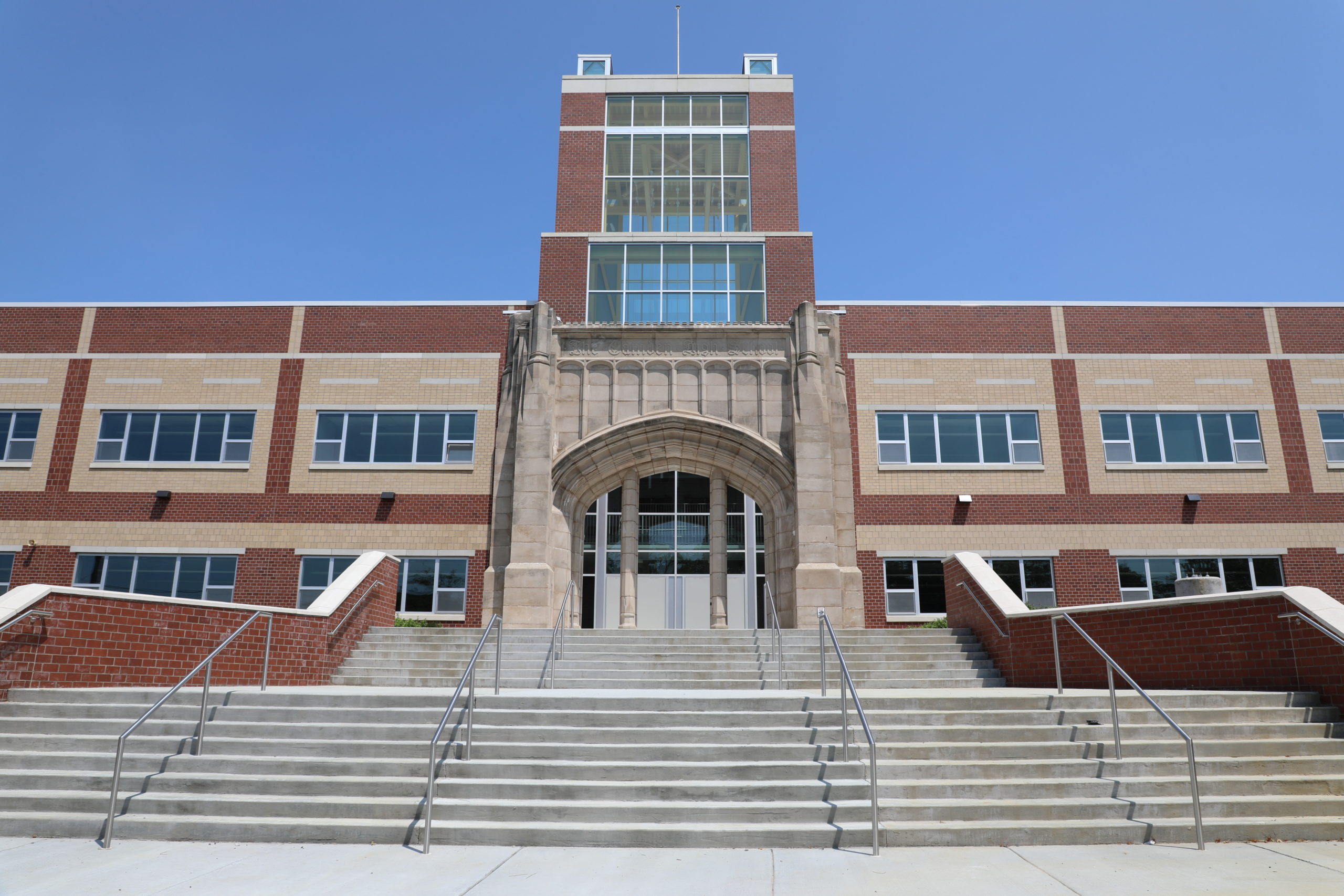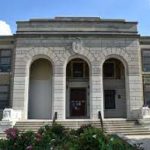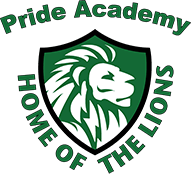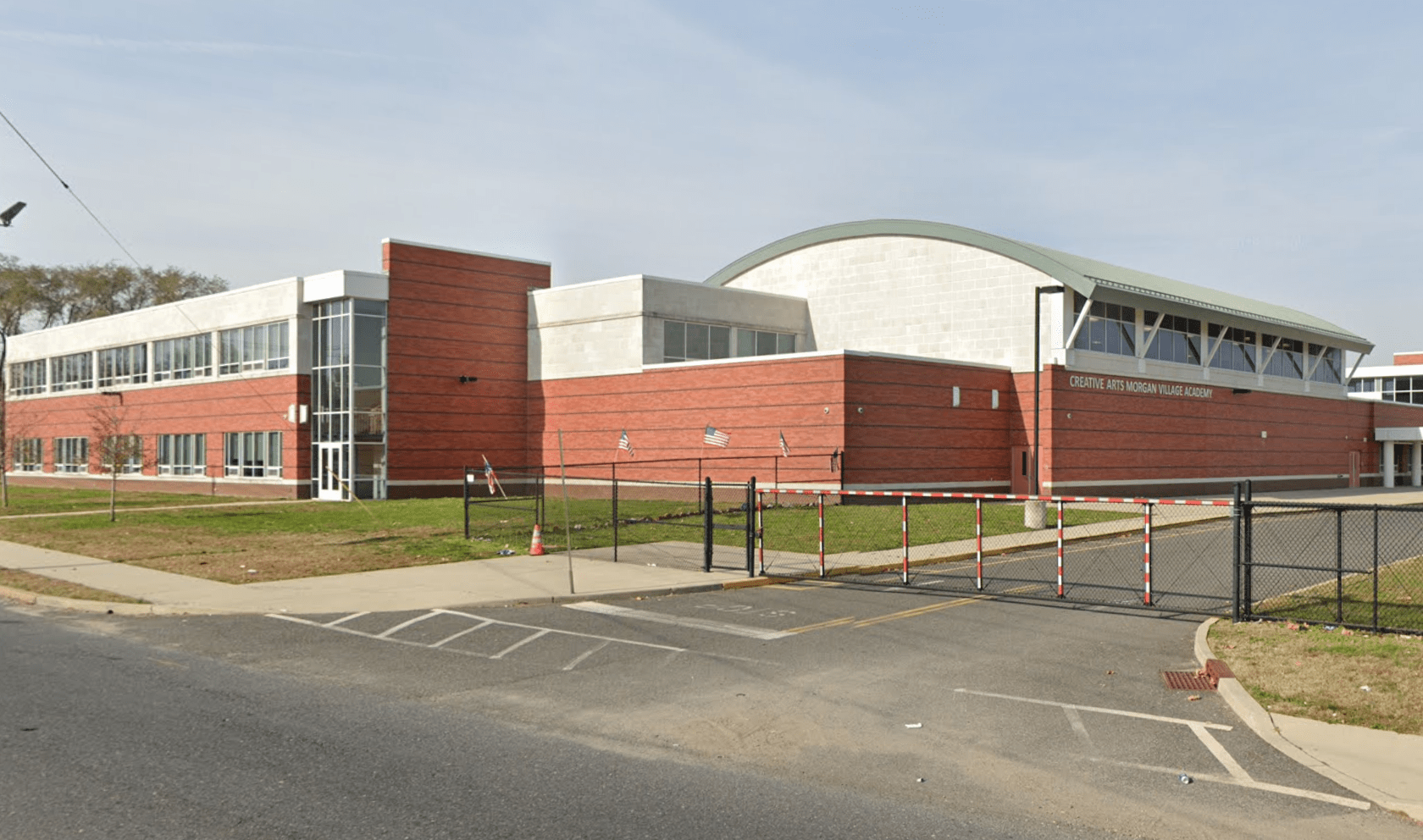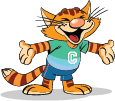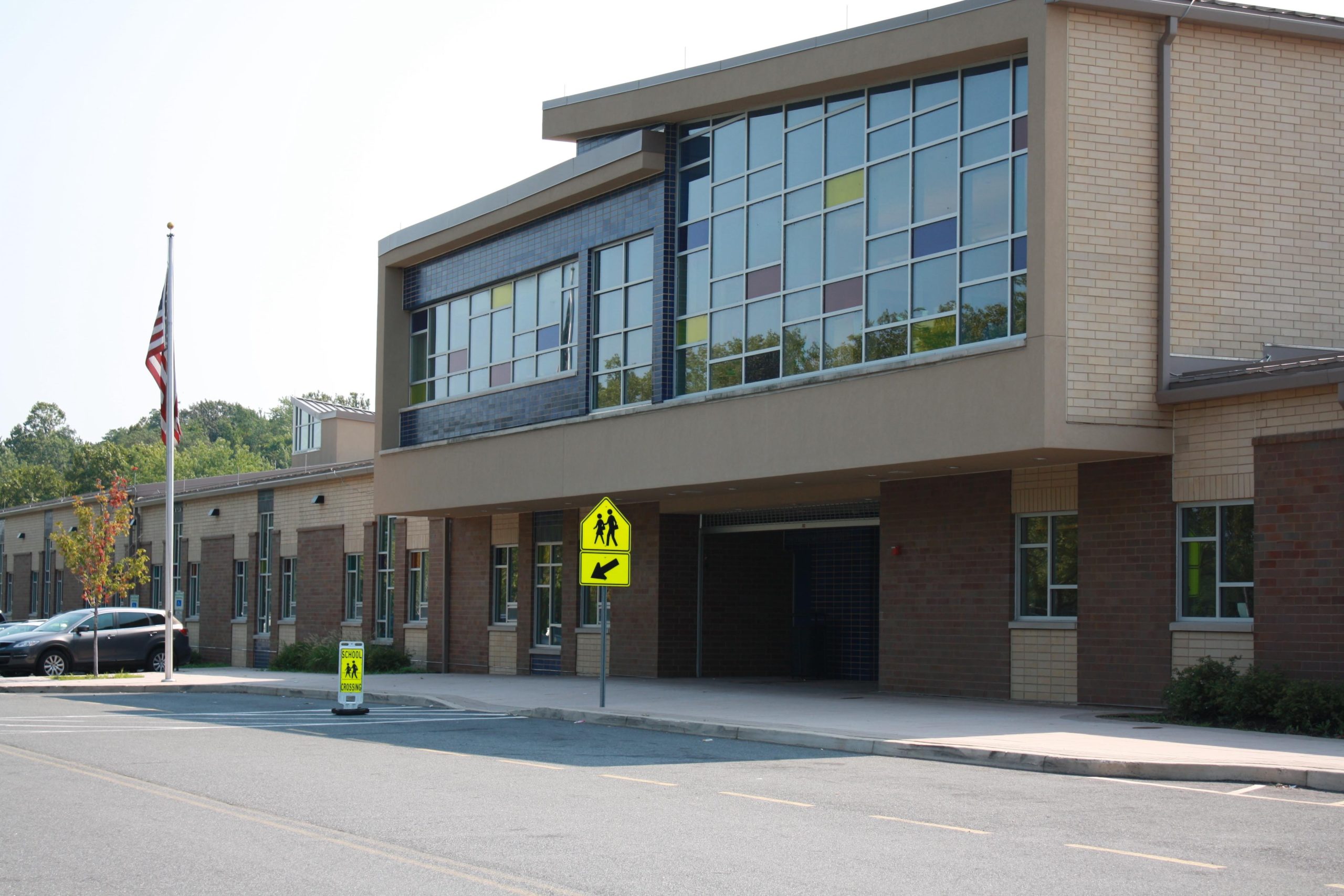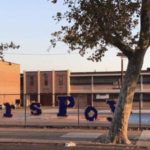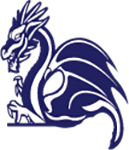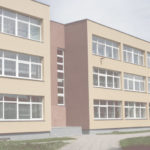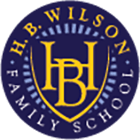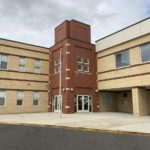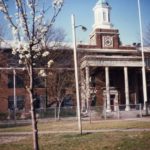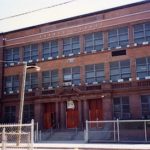Academics
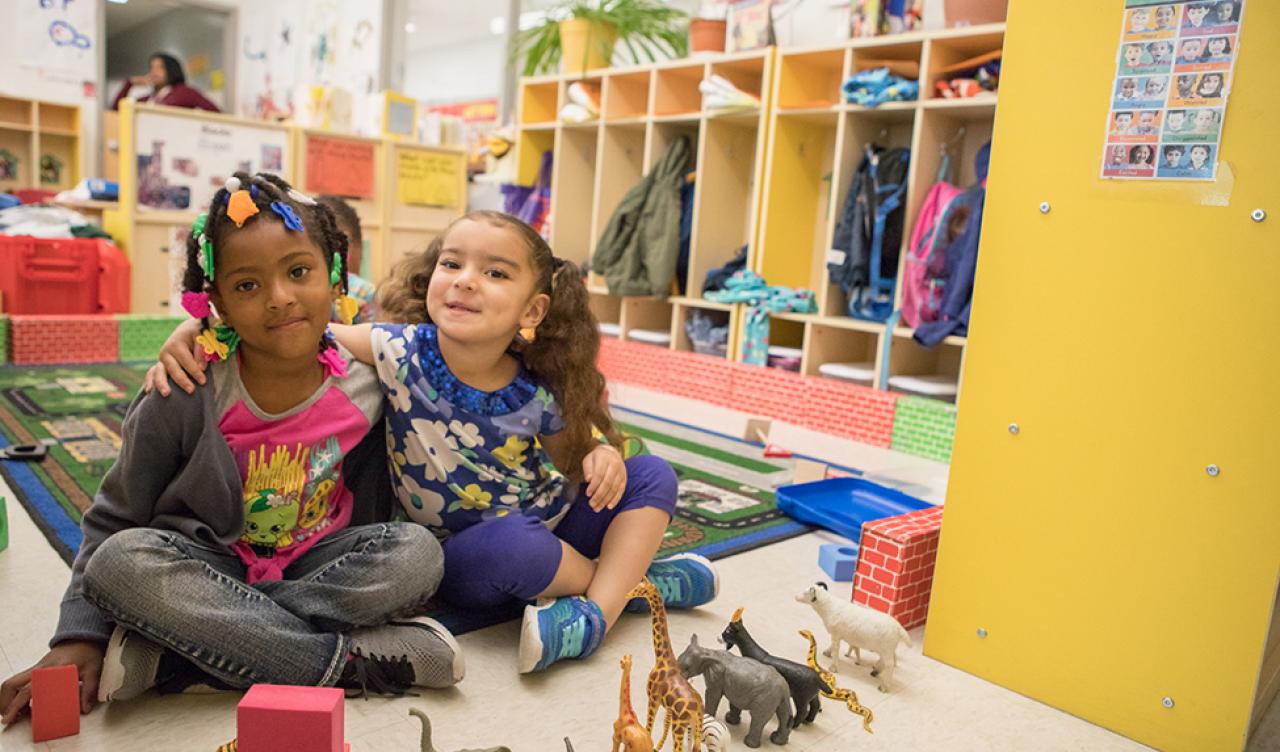
-
Preschool
Social and Emotional: To help children develop independence and self-control. To encourage students to learn how to express and manage their feelings.
Cognitive: To provide activities for children to problem-solve and explore areas related to math, literacy, science, technology, social studies and the arts.
Physical: Help children increase their large and small muscle skills and feel confident about what their bodies can do.
Language: To help children learn to express their thoughts about the world they explore. Opportunities for both verbal and written language development occur throughout the day.
Mathematics: Throughout the day, include meaningful discussions and applications to develop the essential mathematical process skills of problem-solving, reasoning, communicating, making connections, and representing.
Literacy: Each day, utilize daily resources focused on language and literacy skill development, and read aloud using our children’s book collection and Digital Children’s Library from a wide range of genres that explore life in other cultures, celebrate diversity, spark curiosity, and inspire children’s imaginations.
-
Kindergarten
As children start their academic careers, the staff at RT Cream work hard to make them feel safe, welcomed, and loved. We understand that part of loving them is providing them with a rigorous curriculum in literacy, math, science, and social studies that will prepare them for a successful and happy school experience for years to come. The majority of our time in kindergarten is spent working on literacy and math skills. Kindergarten scholars explore letters and sounds, which includes learning the sound(s) each letter makes, blending sounds together, and taking sounds apart. They also learn high-frequency words that they work on reading automatically (without sounding out). Within the literacy curriculum, you can find social studies and science concepts weaved throughout. The students read rich literature about topics such as being a good friend, what neighborhoods look like, and what all living things need. We also have a dedicated time each day where they can explore concepts of science or social studies through hands-on experiments and activities or role-play and storytelling.
In Math, learning about numbers 1-10 is the highest priority. Students explore what these numbers represent and the relationship the numbers have to one another. They explore ideas like how 7 not only represents 7 objects counted by one, but also a group of 5 and 2 more, or 3 less than 10. The instruction is robust and challenging but also adapted to meet the needs of all learners. Other topics included in the math curriculum are addition and subtraction, measurement, shapes, and sorting. These topics are all explored through problem-solving, fluency activities, hands-on activities, and graphic representation. Finally, all students are exposed to and participate in art, music, or physical education activities daily.
-
First Grade
Our first-grade curriculum challenges students to learn more and build on skills introduced in kindergarten; it prepares students for college and career readiness. In math, students will continue to build on the concrete building blocks of math; which include problem-solving, algebraic thinking and number operations, data, measurement, and geometry. By the end of the year, students are solving word problems and equations with values up to 40.
Literacy is an exciting year in first grade as children learn how to be strong readers. In Reader’s and Writer’s workshop, students work with a variety of genres and build an understanding of different kinds of texts. They explore persuasive and opinion, poetry, and informational text. Students learn phonics and learn how to put sounds together to independently read. First-grade students also have social studies, science, and specials that focus on the arts.
-
Second Grade
Second Grade at R.T. Cream is brand new! Our second-grade curriculum is rigorous and challenging. Students are exposed to the same structured day with subjects of ELA, Math, Science, Social Studies, and Specials. They have time in the day for mindfulness, SEL, and recess. ELA is composed of Reader’s and Writer’s Workshop and Fundations- Phonics. In literacy students are also getting specific, individualized instruction to meet their current needs. Math students pick up place value and work with finding strategies to solve different kinds of problems. As mathematicians in second grade, they are working with values up to 100, extending the understanding of base ten notions, building fluency with addition and subtraction, using standard units of measurement, and describing and analyzing shapes. Decimals, time, and data are also discussed and explored.
